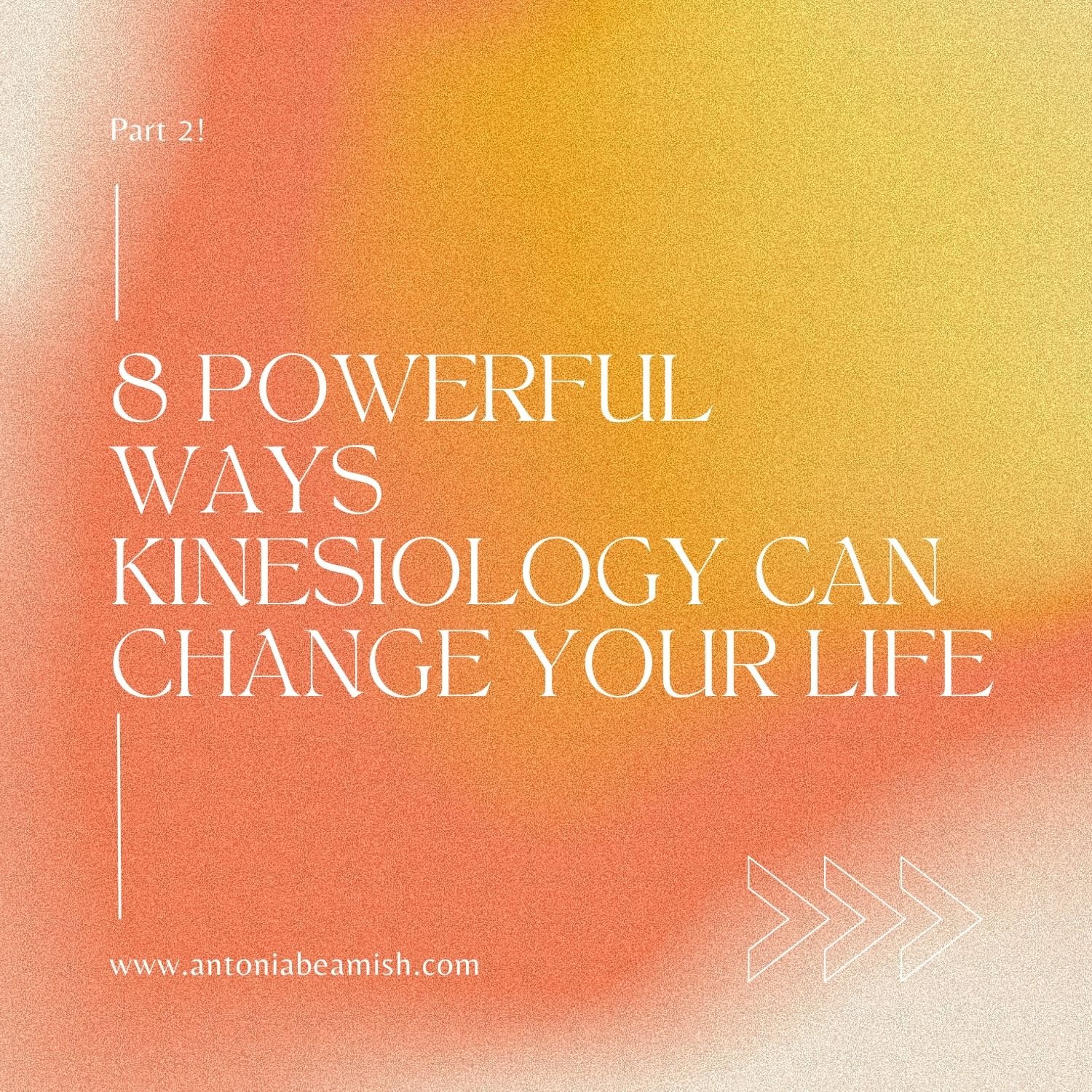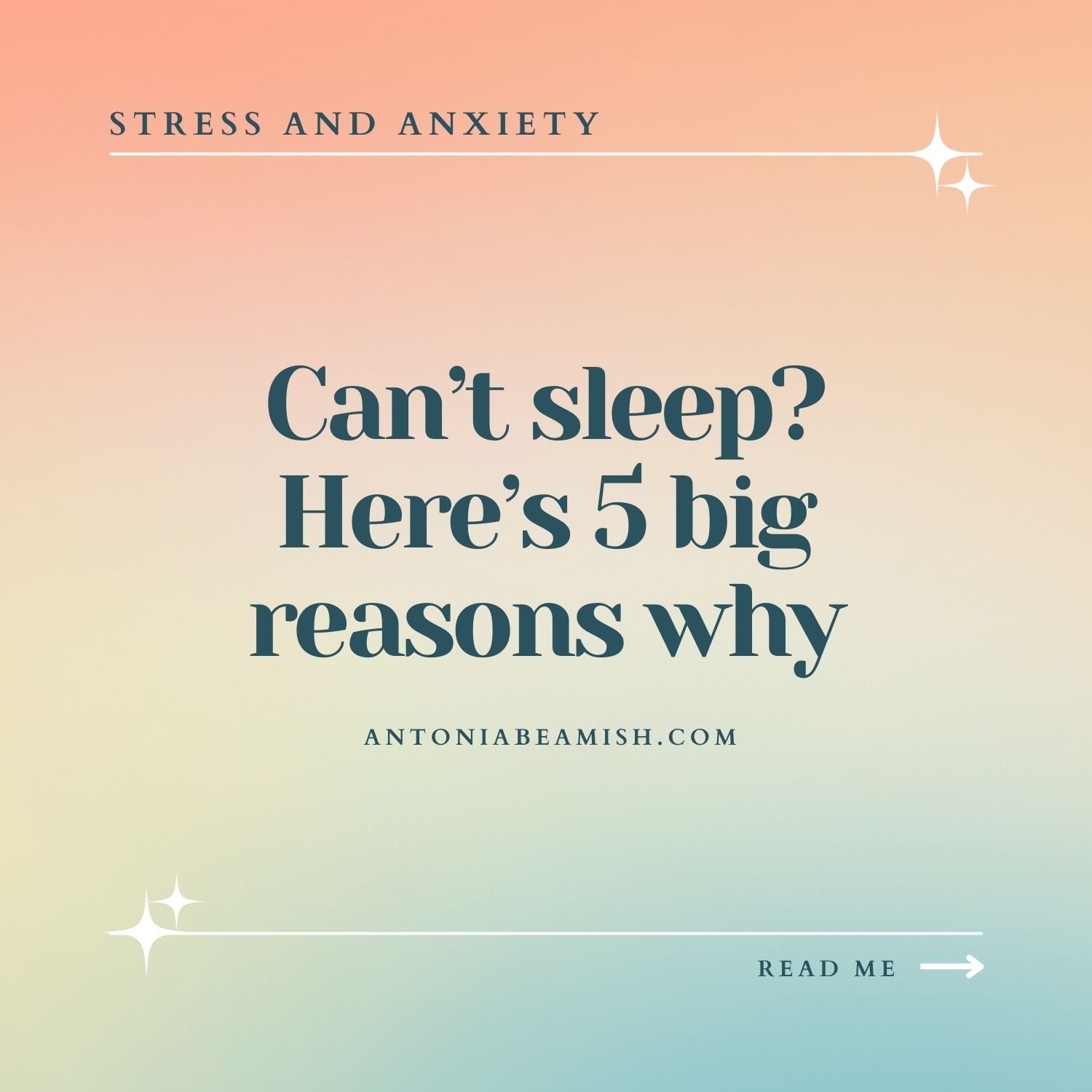Waking up tired after 8 hours sleep? Here’s 5 reasons why
You know the feeling.
The alarm goes off, it’s dark, you’re all cosy and warm but you have to get up. Despite the hot shower, the cup of coffee and a brisk walk outside, you’re still yawning on the commute to work, or the school run, and can’t shake that fogginess out of your head.
We’ve all been there. There’s nothing more frustrating than waking up after a solid eight hours sleep, still feeling like you could sleep eight more. So, what gives? Why do we still wake up feeling groggy, tired and slow, even after a long rest?
Here’s 5 of the most common reasons why you’re still waking up tired.
Alcohol inhibits a good night’s sleep
There’s a lot of science out there about the negative effects that alcohol has on our REM sleep cycle. REM (Rapid Eye Movement) sleep is considered to be the most restorative type of sleep when you dream the most.
Normally you have around six cycles per night, however, when you drink, even if it’s just a glass of wine, you disrupt your REM cycle meaning you’re likely to wake up feeling like you've only had a few hours kip.
While a glass in the evening can often make it easier to fall asleep you pay for it during the course of the night with frequent bathroom trips, as alcohol is a diuretic. This means you wake up dehydrated which is just another reason why you wake up tired with brain fog in the morning.
Solution: don’t drink in the evenings before going to bed and when you wake up combat your dehydration, even if you haven’t drunk the night before, with a large glass of warm water with lemon.
Digesting late at night affects energy levels
There’s lots of opinions out there but my advice would always be to avoid eating large meals late at night.
When the body sleeps it enters a process of regrowth and repair, without our conscious selves getting in the way and slowing it down. It’s like the hotel staff getting time to clean the rooms once the guests have left for the day.
Eating a heavy meal late in the evening stops this process from happening as the body is more focused on digesting the meal than resting and recovering.
Solution: aim to eat your biggest meal at lunch and eat a light meal around 7 - 7.30pm. If you want to understand how our digestive system impacts our wellbeing, then this is a good start.
Sugar keeps us wired and tired
We all know that sugar is pretty bad for us, but did you know how much it affects your sleep too? And it’s often during these long wintry evenings, when reaching for the chocolate, that it becomes detrimental to our sleep.
The Sleep Doctor writes that eating sugar before bed is proven to lead to difficulty falling asleep, restless sleep and more waking during the night.
The vicious cycle starts when we get a bad night’s sleep as we crave sugar for a quick energy boost the next day which in turn learns to energy highs and lows throughout the day and eventually a bad night’s sleep again.
Solution: break the cycle and avoid sugar in the evenings. If you really fancy a sweet treat, make it natural (like low sugar fruit) and have it earlier on in the evening.
Stress keeps us exhausted
Stress and worry are one of the major reasons why our minds won’t switch off, even when our bodies are desperate to sleep.
If we can’t switch off and relax, we don’t settle into deep sleep and instead toss and turn having nightmarish dreams about those things that are worrying us.
When you’re busy and there’s lots on your plate it’s hard to calm the mind down but switch off you must because, by doing so, not only will you get a better night’s sleep but you’ll have renewed clarity, energy and focus the next day to get stuff done to tackle those problems that are causing you so much stress.
A good idea is to keep a notepad by your bed so if something is bugging you in the night know that you can write it down to address it in the morning rather than trying to problem-solve instead of sleep.
Solution: there’s some great ideas here but one of my favourites is mental visualisation - I imagine filling a treasure chest with all my worries and concerns, locking it and chucking it overboard.
A healthy night time routine for sleep
Having a night time routine is really important because it’s this routine that signals to our bodies that it’s time for rest. So, going to bed at different times every night is another major reason why you might be waking up tired.
In Traditional Chinese Medicine the hours between 10pm and 12am are the crucial hours for rest and repair so I always advise clients to turn the lights off by 10.30pm. However, it’s a great idea to start winding down earlier; having a warm bath with magnesium salts, reading a book, drinking herbal tea etc.
If you start getting into a habit of doing these relaxing things before bed your body will learn to unwind before lights out meaning you drop off into that crucial REM sleep easily and effortlessly.
Want to receive the latest blog posts straight to your inbox? Sign up for my newsletter and you’ll also receive your FREE ‘Discover Your Fear Saboteur’ guide, the ultimate guide to identifying the fear sabotaging your potential!



















